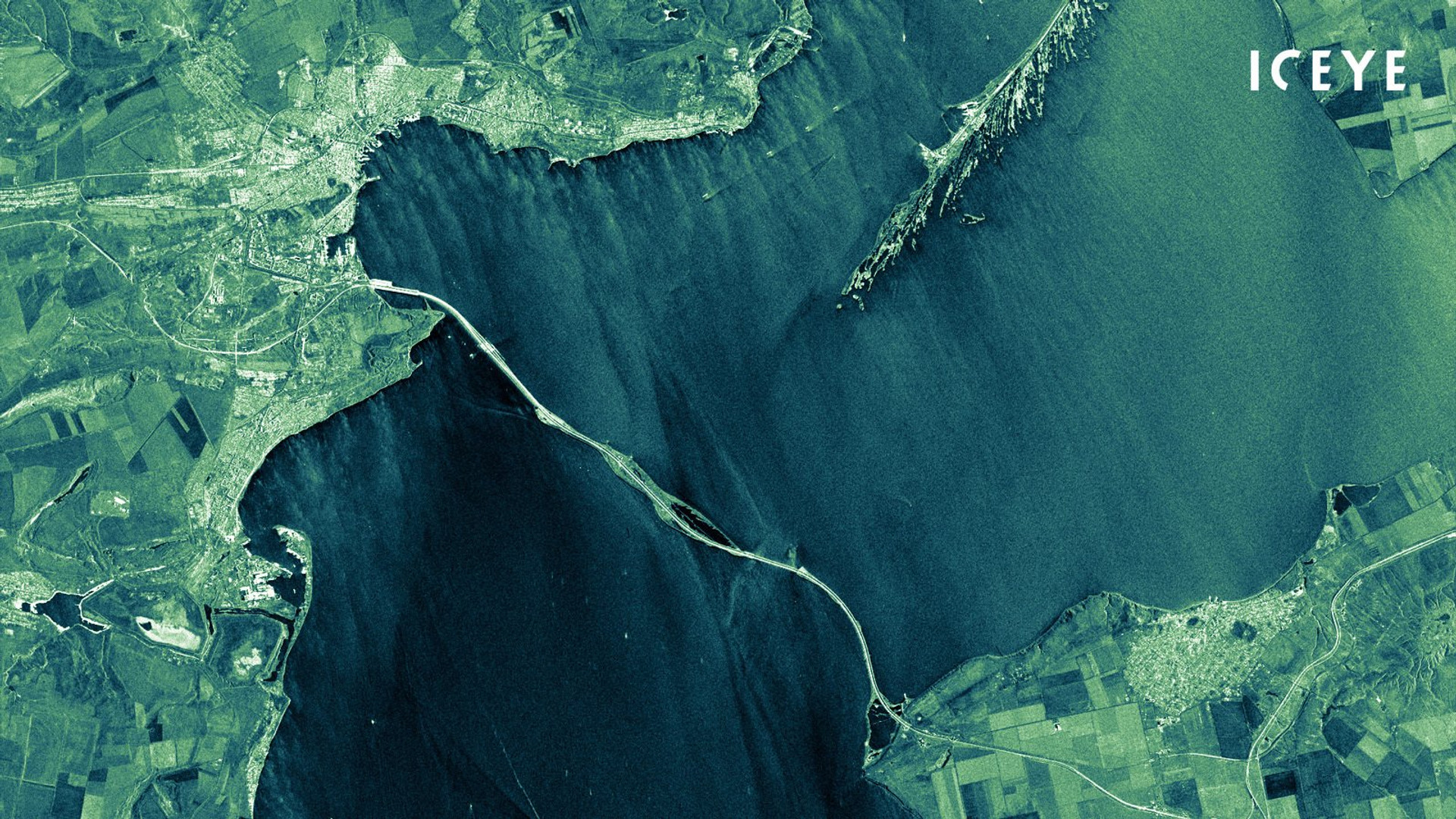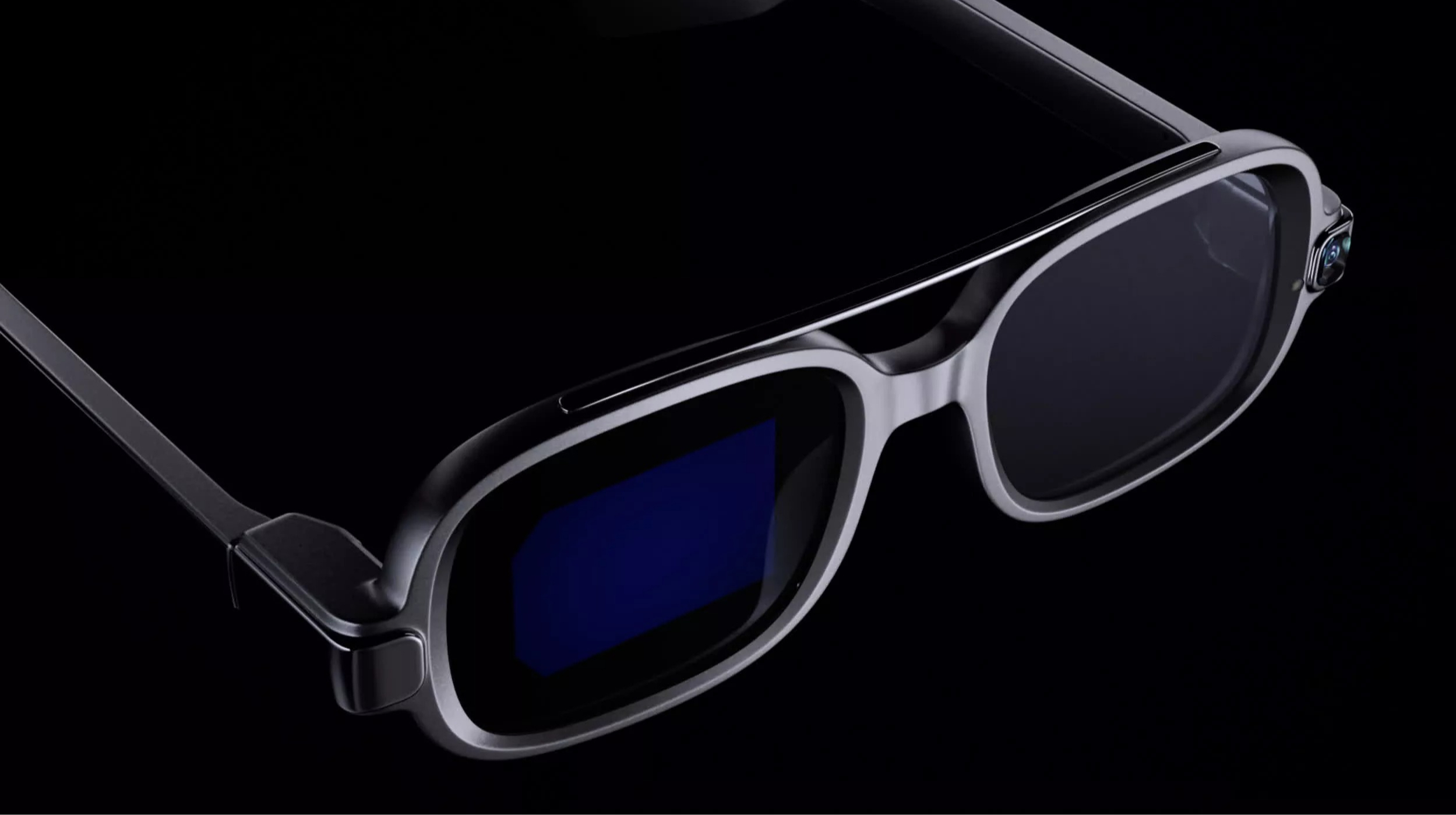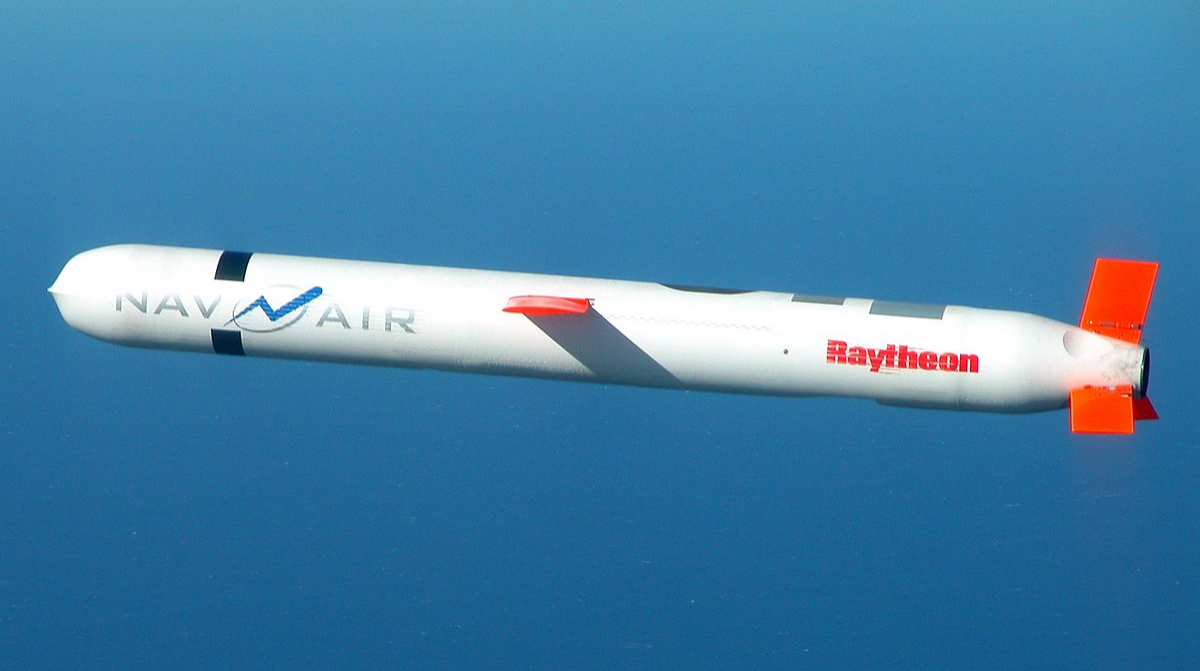German defense concern Rheinmetall is preparing to sign a major contract for the supply of 40 radar reconnaissance satellites, which are to be created jointly with the Finnish company Iceye, Hartpunkt reports , citing Handelsblatt.
The estimated cost of the project is around 3 billion euros. A preliminary application for project funding of 25 million euros is expected to be submitted to the Bundestag’s budget committee by the end of the year. Rheinmetall and Iceye have already established a joint venture for the project.
The Finnish company currently provides Germany with data from its Synthetic Aperture Radar (SAR) satellite system as part of a separate service project. The Bundeswehr currently operates only 10 of its own satellites. If the new contract is implemented, a separate satellite group will be created for the German army for the first time.
Synthetic Aperture Radar (SAR) is a synthetic aperture radar that creates high-quality images of the Earth’s surface using radio waves instead of light. By combining signals received from an aircraft or satellite as it moves, SAR creates a detailed, high-resolution image regardless of weather or lighting conditions. The technology works through clouds, smoke, and at night, allowing it to detect objects under vegetation or camouflage, and is used in military reconnaissance, satellite monitoring, geology, and maritime surveillance.
Experts estimate that China already has about 1,200 military satellites and is adding more every month. Their density of surveillance, particularly over the South China Sea, could allow ground combat operations to be controlled from orbit.
Defense Minister Boris Pistorius announced at a space conference in Berlin his intention to invest about 35 billion euros in space security by 2030. The contract with Rheinmetall is seen as one of the key steps. In addition to reconnaissance, it is planned to create satellite systems for communication and signal interception. Priority is given to satellites in low Earth orbit, preferably of German production.
Pistorius also reported that the communications satellites used by the Bundeswehr are being monitored by two Russian Luch-Olympus reconnaissance satellites. In response to the threats, the minister announced the purchase of “smart” means of influence, in particular laser systems that do not create space debris. The possibility of purchasing “hunting satellites” capable of tracking enemy aircraft is also being considered.
Last November, it became known that the Ukrainian military received free access to images from the ICEYE SAR satellites. This was made possible thanks to the signing of a contract between the Ukrainian Ministry of Defense, Rheinmetall and ICEYE.
It was with ICEYE that the Serhiy Prytula Charitable Foundation signed a contract for access to satellite data in 2022.



